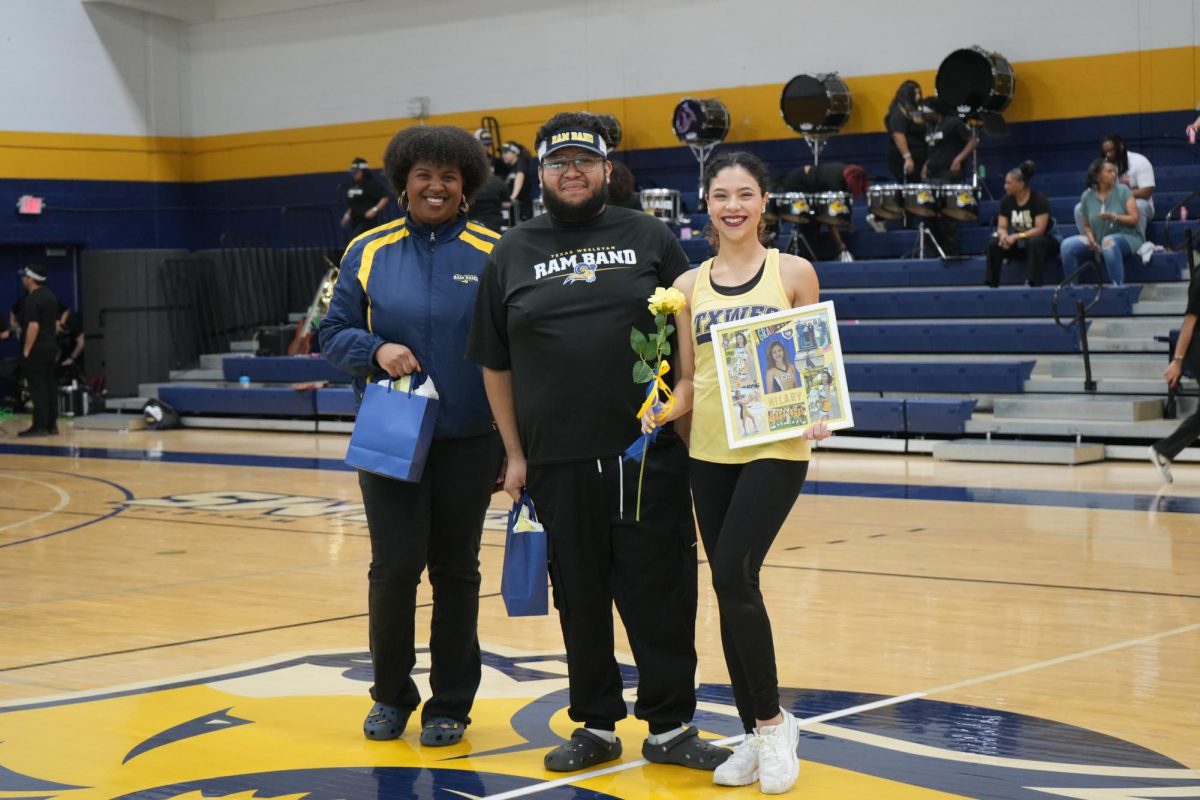Testicular cancer is the leading cancer in young men ages 15 to 35, according to data provided by the Testicular Cancer Awareness Foundation.
Why should you care? I had the same mindset. It didn’t bother me; I assumed I was invincible, and there was no history of cancer in my family, so why should I worry? Then on March 26, 2010 my life changed.
It was my junior year of high school. I was sitting in a pep rally and I heard my name called over the loudspeaker that I had early release, and I remember the woman in the office said that I needed to get to Arlington as soon as possible for an appointment with an urologist.
As I sat there in the room with my parents by my side, the doctor delivered the words that no one wants to hear: “You have cancer.”
It didn’t hit me right away. I just thought it was a horrible dream, and that any moment I would wake up for school and carry on my normal life.
When the doctor continued to talk about surgeries, and chemotherapy, I knew it that it was real, and I burst into tears. I thought my life was over, and there were so many things that I wanted to accomplish. I didn’t think that it was fair that I was only 17, and suddenly I was fighting for my life. I knew I didn’t want things to end like this, so any fears I had suddenly turned into determination, because I knew I was going to beat this disease.
I had three rounds of chemotherapy total, each lasting five days with 16 days off between them. I returned to school, eager not to be treated any differently by my friends and peers. After another surgery over the summer, I was officially declared cancer free on August 17, 2010.
After I graduated in 2011, the Make-A-Wish Foundation made it possible for me to be the manager of the Minnesota Twins for a day. After talking to the press, and hanging with the team, that experience helped me decide that I wanted to become a sports broadcaster after I graduate college.
Through my cancer experience, I am a different person. I was fortunate enough to graduate on time, and start college on time. I am now pursuing a degree in mass communication and doing whatever I can to raise awareness and put an end to this disease.
So why am I telling you this? Testicular cancer is curable more than 95 percent of the time, according to the TCAF.
I don’t want anyone to have to go through what I did. The key for not just testicular cancer, but any cancer, is early detection. Don’t be scared to talk to your doctor or any health care professional, because they are here to help you.









![Pippin, played by Hunter Heart, leads a musical number in the second act of the musical. [Photo courtesy Kris Ikejiri]](https://therambler.org/wp-content/uploads/2025/04/Pippin-Review-1200x800.jpg)
![Harriet and Warren, played by Trinity Chenault and Trent Cole, embrace in a hug [Photo courtesy Lauren Hunt]](https://therambler.org/wp-content/uploads/2025/02/lettersfromthelibrary_01-1200x800.jpg)
![Samantha Barragan celebrates following victory in a bout. [Photo courtesy Tu Pha]](https://therambler.org/wp-content/uploads/2025/05/20250504_164435000_iOS-834x1200.jpg)




![Hunter Heart (center), the play's lead, rehearses a scene alongside other student actors. [Photo courtesy Jacob Sanchez]](https://therambler.org/wp-content/uploads/2025/04/thumbnail_IMG_8412-1200x816.jpg)
![Student actors rehearse for Pippin, Theatre Wesleyan's upcoming musical. [Photo courtesy Jacob Rivera-Sanchez]](https://therambler.org/wp-content/uploads/2025/04/Pippin-Preview-1200x739.jpg)
![[Photo courtesy Brooklyn Rowe]](https://therambler.org/wp-content/uploads/2025/05/CMYK_Shaiza_4227-1080x1200.jpg)
![Lady Rams softball wraps up weekend against Nelson Lions with a victory [6 – 1]](https://therambler.org/wp-content/uploads/2025/04/Screenshot-2025-04-04-100924-1200x647.png)


![Lady Rams softball sweep Langston Lions in first SAC Doubleheader [2 – 0]](https://therambler.org/wp-content/uploads/2025/02/SoftballLions.png)














